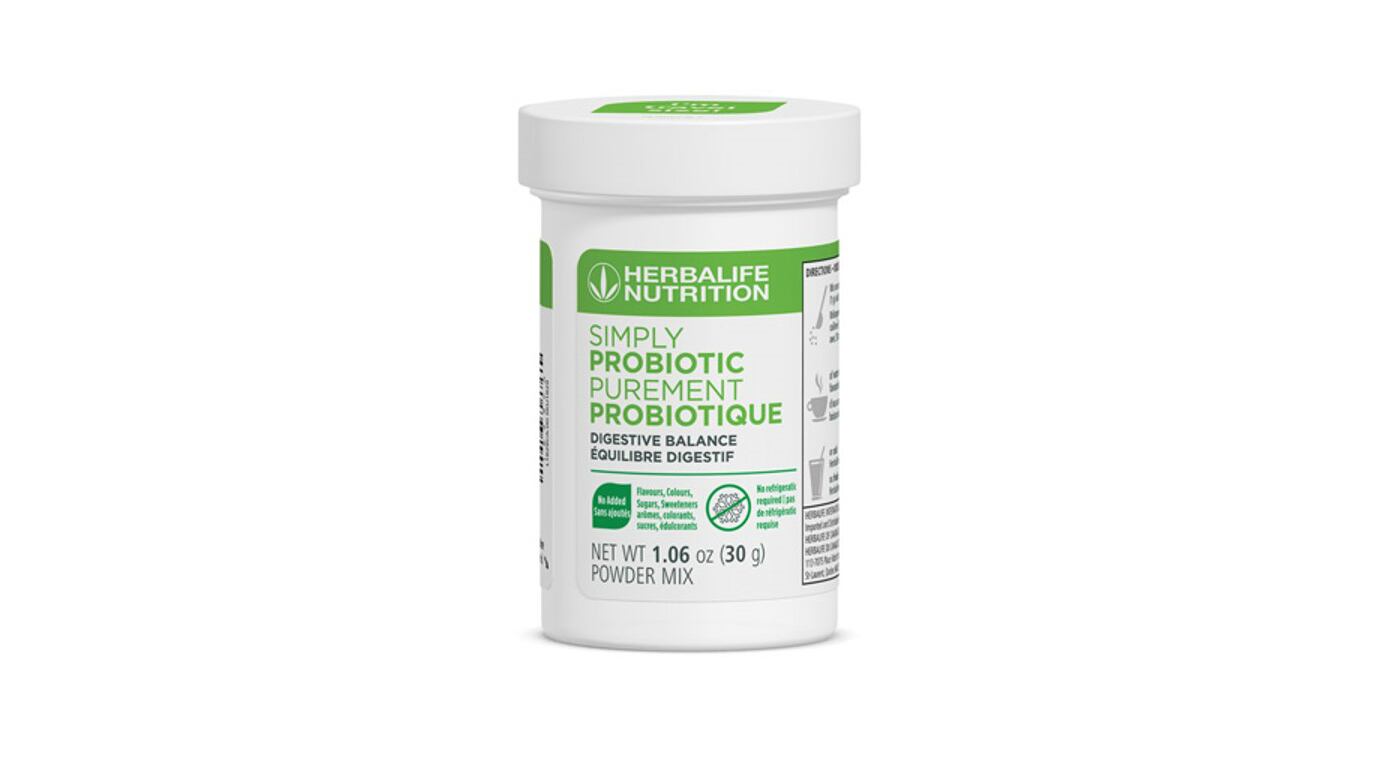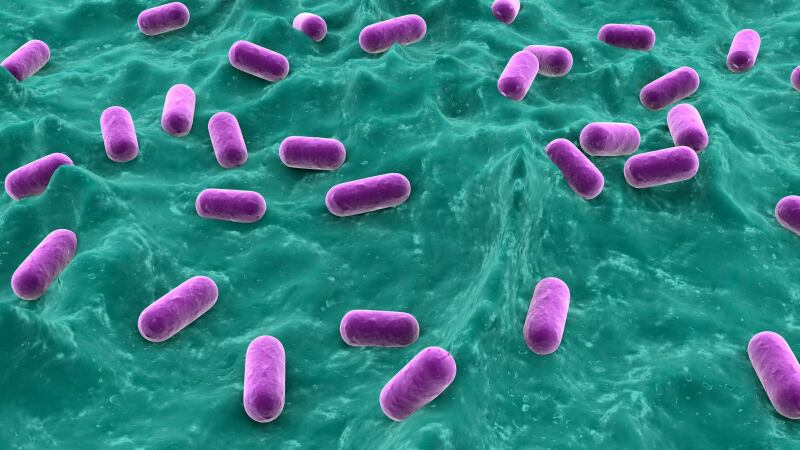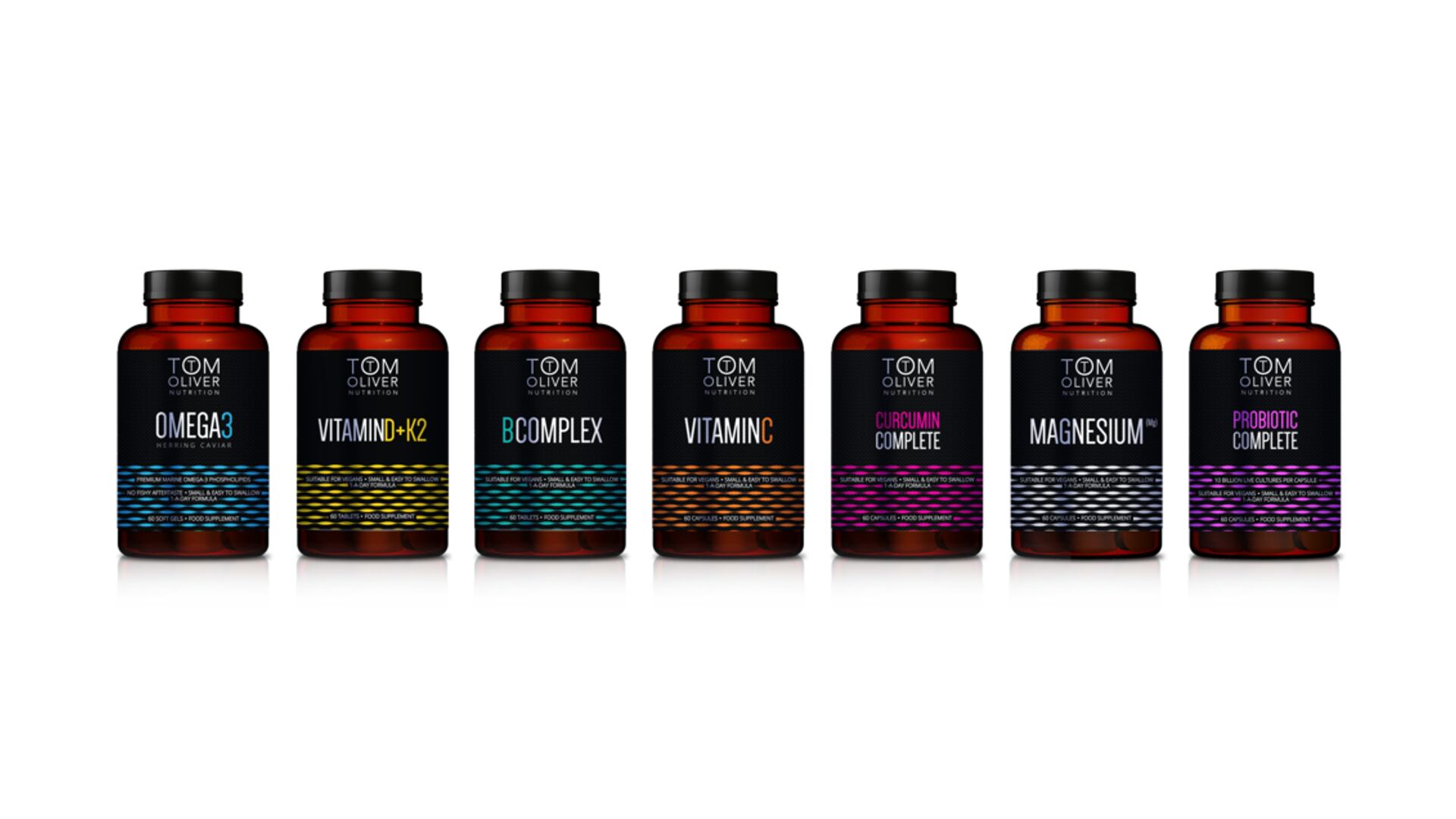The bacteria, which live in the digestive tract, can lead to ulcers in the lining of the stomach or the upper part of the small intestine. For some people, an infection can even lead to stomach cancer.
Medical professionals have been increasingly incorporating probiotics into standard eradication regimens for H. pylori, thanks to their ability to increase eradication rate and decrease side effects in patients undergoing such treatment.
Based on this, researchers at China's Guangxi Medical University set out to evaluate the effectiveness and safety of probiotics in facilitating the eradication of H. pylori through a meta-analysis.
They also wanted to determine the optimal duration and timing of probiotic supplementation and the best strains to use for eradicating H. pylori, as well as the use of eradication techniques and their common side effects.
Eradication, effects, efficacy
Selecting from databases such as PubMed, EMBASE, the Cochrane Library, Web of Science and CNKI, they settled on 40 eligible studies involving a total of 8,924 patients to be included in the analysis.
Using a random-effects model, they then analysed the eradication rate and incidence of total side effects by intention to treat (ITT).
They reported that the H. pylori eradication rate — obtained from 40 RCTs — was 81.5% in the patients supplemented with probiotics, compared to 71.6% in the patients in the control group.
After two weeks of supplementation during treatment, patients in the intervention group saw a 92.6% eradication rate of H. pylori; this figure rose to 99.9% when the patients were placed on the bismuth quadruple regimen (a recommended eradication regimen).
The researchers also took note of the eradication rate when the patients were supplemented with Lactobacillus (73.6%) or multiple probiotic strains (72.1%).
In the subgroup where the timing of probiotic supplementation was assessed, the eradication rate was also statistically higher than that of the control group. In the subgroup where the duration of supplementation was assessed, the researchers found that more than two weeks of probiotic supplementation, they observed a similar difference from the control group.
They wrote: "Compared with the control group, Lactobacillus, Saccharomyces, and multiple strains exhibited statistically significant differences in the analysis of the probiotic species.
"Regarding different locations, China and other countries were statistically significantly different from the control group."
In terms of side effects, the incidence of total side effects in the intervention group obtained from the ITT analysis was 18.9%, compared to 39% in the control group.
Based on the results of the standard meta-analysis, the researchers reported that the incidence of diarrhoea, abdominal pain, nausea, taste disturbance, vomiting, and constipation was significantly lower among those in the probiotic group than those in the control group.
Strains and regimens
The researchers also reported that combined probiotics with the bismuth quadruple regimen produced the best eradication impact in the current study, compared to the standard triple regimen; this meant probiotics could not be used in place of bismuth.
They added that bismuth's strong antibacterial effect was complemented by the addition of probiotics, thereby increasing the eradication rate of H. pylori.
However, bismuth also has an inhibitory effect on probiotics, which means it should be taken separately from probiotics so the latter's effects are not dulled.
The superior eradication effects of Lactobacillus and multiple probiotic strains were attributed to their species specificity — Lactobacillus’ metabolites, for instance, possess strong antibacterial properties, which potentially strengthen humoral and cellular immunity.
However, Saccharomyces needed to cooperate with other probiotics to "more substantially improve the eradication effect".
Due to the use of multiple probiotic strains and the bismuth quadruple regimen in China, the eradication effect among Chinese patients was better than that among patients in other countries.
Larger samples, better studies
The researchers also observed a high degree of heterogeneity in the analysis of total side effects despite having used a meta-regression analysis in their assessment of heterogeneity, and they could not properly explain the source of the heterogeneity.
The study's small sample size may also have led to the treatment effects being overestimated, and the adult study population also meant that more studies with larger sample sizes (including children) and higher-quality trials were required for further analysis.
In conclusion, the researchers wrote: "Probiotics improved the eradication rate and reduced side effects when assisting with the eradication of H. pylori.
"The use of probiotics before and throughout the eradication treatment, and the use of probiotics for more than two weeks, exerted a better eradication effect. Probiotics combined with the bismuth quadruple regimen was the best combination.
"Lactobacillus and multiple strains were the better choices for probiotic strains. The eradication effect reported in China was better than the rates reported in other countries."
Source: Medicine
http://dx.doi.org/10.1097/MD.0000000000015180
"Efficacy and safety of probiotics in eradicating Helicobacter pylori: A network meta-analysis"
Authors: Xiaoguang Shi, et al.




